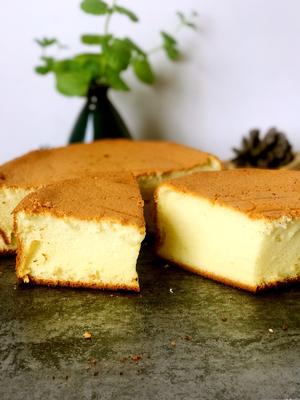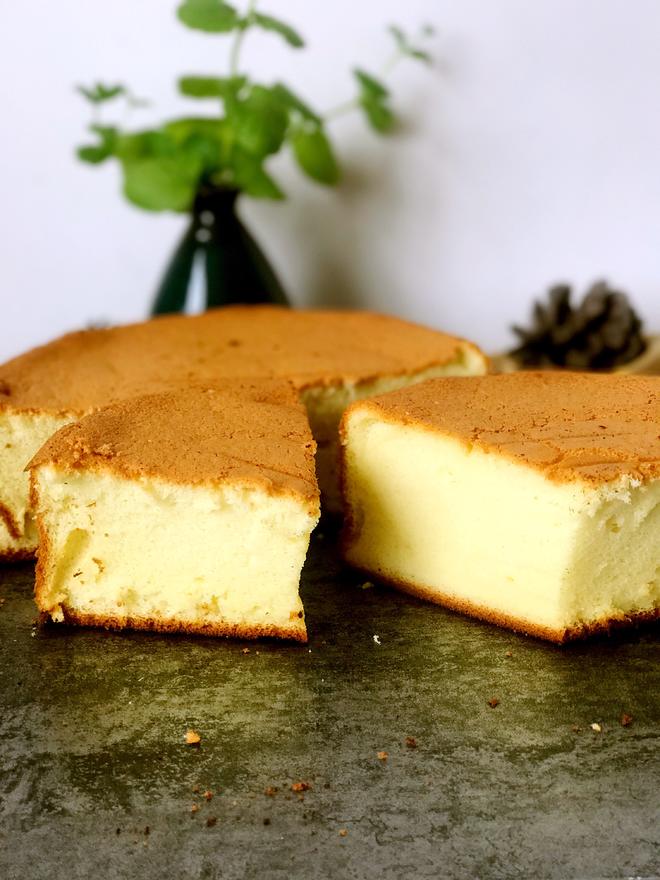Ingredients
Egg Yolk Mixture
5 egg yolks
Milk
66g
Corn oil
66g
Sugar
33g
Cake flour
83g
Cornstarch
17g
Egg white
5
Lemon juice
a few drops
Sugar
50g
How to make chiffon cake
- Separate the egg white from the egg yolk. There cannot be any oil, water or egg yolk in the egg white. Not even a little bit.
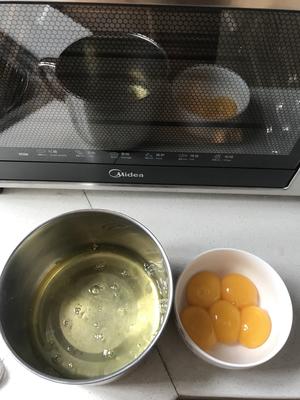
- Mix sugar, corn oil and milk evenly
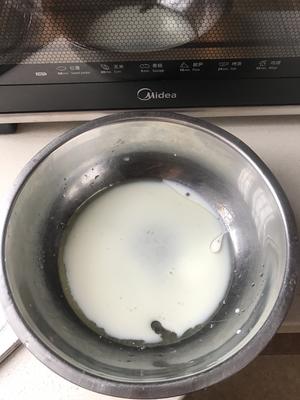
- Sift the sifted low flour and corn starch into the evenly mixed milk and corn oil.
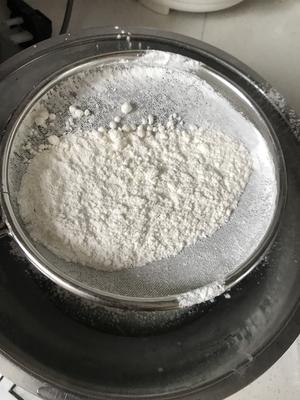
- Use a manual egg beater to mix the flour paste in a Z shape, then add the egg yolk and mix it in a Z shape.
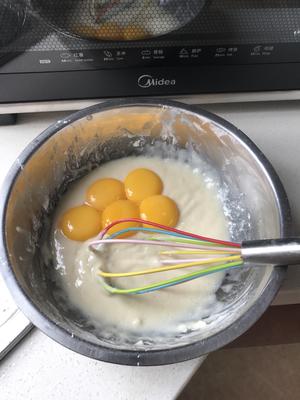
- The egg yolk paste is very fine and is best when there is no dry powder or particles.
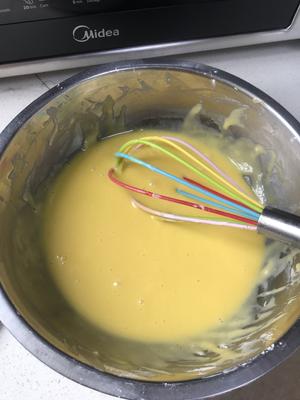
- Add granulated sugar and lemon juice to the egg whites three times! First, beat the egg whites at low speed until they are fish-eye-shaped, add one-third of granulated sugar, add a few drops of lemon juice, beat at medium speed until they have grains, add the second granulated sugar, beat until they have fine grains, then add the last granulated sugar, beat at low speed until you can pick up the egg beater with straight corners, no large lumps, which means it has been over-beaten.
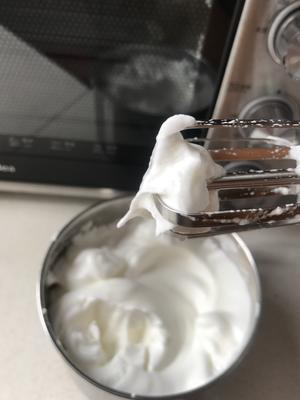
- While the cake batter is being stirred, the oven can be preheated. Add the meringue to the egg yolk batter three times. First, add one-third and mix well using the cooking method. You can stir with a large hand here without worrying about defoaming. When adding the second meringue, stir it gently. If there are large bubbles, use a spatula to smooth them out. Finally, pour all the cake batter into the remaining one-third of the meringue and stir evenly. Pour the stirred cake batter into an 8-inch non-stick mold, hold the mold to a height of about 50 cm, and throw it upright on the table twice to prevent bubbles in the middle.
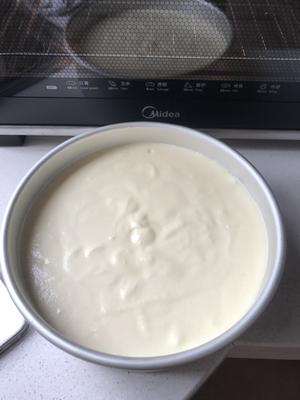
- Preheat the oven to 150 degrees and bake for 45 minutes. Everyone’s oven is different and the temperature is different, so you should control it yourself. Next time, I will lower the lower temperature of my oven by 10 degrees, 150 degrees for the upper temperature and 140 degrees for the lower temperature.
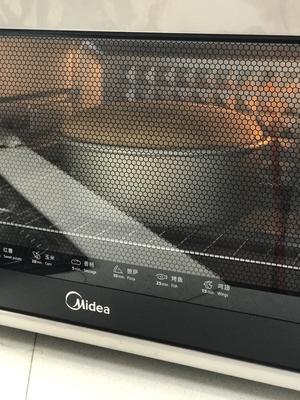
- Immediately pick up the baked cake from a height of 50 cm, throw it upright on the table twice, then turn it upside down in the oven to cool and gently demould it. When demoulding, knock the mold on the table a few times and the cake will fall off by itself. If it still hasn’t fallen off, push up the bottom to easily demould it.
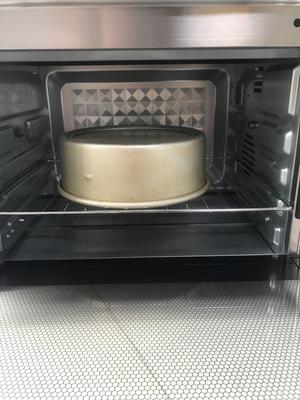
- Overall, I am very satisfied. The cake is very delicate, tastes good, and is very suitable for spreading on the surface.
